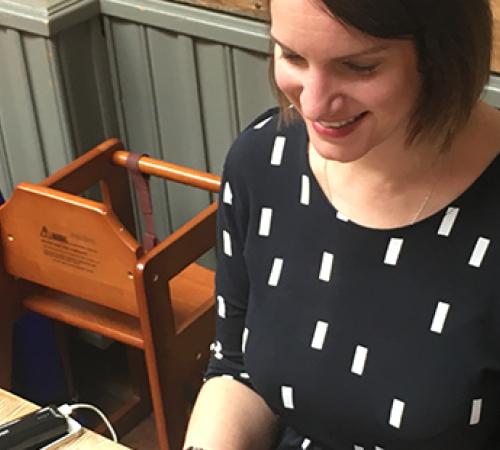
Starting your own PR consultancy: key considerations / Sarah Hall

I regularly get asked for advice by people interested in setting up a public relations consultancy. Here are a few of my top tips if you want to go it alone as a consultant.
Think about your motivation
If you were to ask me about setting up a public relations business, my first questions would revolve around why and the type of business you’d like. What’s the dream and motivation? Is your personality fit the right one?
Personality is actually more important than you think. If you thrive in a group scenario, working alone might not be for you. Similarly if you find it hard to get out of bed on a morning, ensuring you have a place of work to go to might be better than a home office. Getting this wrong sets you up to fail.
Whatever your goal, the opportunities are much greater than ever before. Working from home is now widely accepted, as are virtual agencies, which have dispersed teams working from different locations, potentially across different time zones.
Freelancers now also have the opportunity to tap into organisations matching practitioners with contracts, The PR Network (external link) being a great example. For mums returning to work after maternity leave, there’s 2to3days.com (external link).
Whether you want this or a formal office with a team will help you decide what legal structure (external link) your business should have, which can make a big difference to how you are remunerated, the tax you pay and your liabilities if the business makes a loss. All these things need careful consideration up front.
What’s the business plan?
Thorough planning is critical. I’m regularly astonished by the number of people who come to me without a business plan or having done any research at all, wanting me to share commercial data. The only secret to success is hard work.
Launching on a firm footing requires being clear on your market, your competitors and your services. The information you gather informs your pricing and enables you to forecast sales, helping you understand what you need to sell in order to cover your costs.
It’s a natural progression, you then have to think about the new business pipeline. Where are your contracts coming from both now and in the future?
It’s a rigorous process which has real value because it forces you to be realistic about whether you have the finance needed to tide you over initially and consider what your USP is in the marketplace. What’s the marketing plan? Have you the qualifications, credibility and profile to stand out from the crowd? If not, how are you going to get them?
Ultimately you can give it a go without a business plan, but it’s unlikely you’ll get very far, unless by luck or chance. You’ll also not achieve the profit margin you might have done with a bit of effort up front.
Don’t forget the formalities
Once you’ve reached the point where you’re ready to start work, there are further formalities to address.
Contracts and insurance are there for one purpose and that’s to protect you.
The purpose of terms and conditions that both the contractor and client sign up is to set out the programme of work to be undertaken, as well as the desired outcomes to avoid confusion. They provide a safety net if you need to enforce your agreement (for example if the contract is terminated early for no good reason) and minimise the chance of a legal dispute.
If you’re pitching for a public sector contract, having professional indemnity, public liability insurance and possibly employers’ liability cover is likely to be a pre-requisite. Either way you’d be foolhardy to practise public relations without this cover.
You never know when you might receive a claim because a client has an issue with the work carried out – stressful enough whether or not you’re at fault. Having the correct consultancy insurance in place gives you peace of mind you can secure compensation to cover the cost of any corrective work to be carried out.
Commit to being the best you can
Finally, my last piece of advice is if you want to be a public relations consultant is to commit to being the very best you can.
Membership of the two main industry bodies, the Chartered Institute of Public Relations (CIPR) (external link) and PRCA (external link) might seem an added expense but the value you’ll receive will more than repay the investment. Both have a wealth of information for practitioners whatever stage of career you’re at and the CIPR offers free legal advice and discounts on member products and services like insurance.
What’s more, membership of one or both bodies demonstrates you are signed up to a Code of Conduct and shows your commitment to continuous professional development – two clear signals to employers that you’re well worth hiring.
Find out more about the type of business insurance you might need over on our Hiscox Business Insurance web page.
Disclaimer:
At Hiscox, we want to help your small business thrive. Our blog has many articles you may find relevant and useful as your business grows. But these articles aren’t professional advice. So, to find out more on a subject we cover here, please seek professional assistance.






